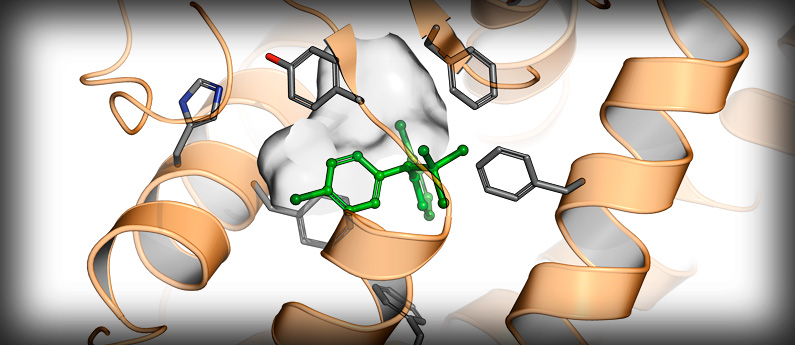Objective
Endocrine disruptors (EDs) are defined as exogenous chemicals that alter functions of the endocrine system, thereby causing adverse health effects in an organism or its progeny. Historically, the field of ED research has focused on reproductive endocrinology and related hormones, which is reflected in the regulatory test methods assessing endocrine effects of xenobiotics. However, recent evidence links increased incidence of metabolic syndrome (a cluster of metabolic risk factors including abdominal obesity, dyslipidemia, elevated blood pressure, and elevated fasting glucose) to EDs, increasing the incidence of atherosclerosis and type 2 diabetes. Despite these findings, adequate testing methods for metabolic effects of EDs are lacking.
The project Metabolic effects of Endocrine Disrupting Chemicals: novel testing METhods and adverse outcome pathways (EDCMET) brings together experts in various research fields, including systems toxicologists, experimental biologists with a thorough understanding of the molecular mechanisms of metabolic disease and comprehensive in vitro and in vivo methodological skills and ultimately, epidemiologists linking environmental exposure to adverse metabolic outcomes.
This project focuses on developing novel test methods and models to assess the metabolic effects of EDs. Combined in silico methods, in vitro and in vivo methods are developed with an emphasis on liver and adipose tissue and endocrine pathways related to their metabolism. In addition, epidemiological and field monitoring data is used to gain information regarding the exposure to chemicals and ED-related metabolic effects. The interdisciplinary approach and complementary expertise of the participants will identify novel mechanisms of action, and in collaboration with the European Commission Joint Research Centre (JRC) providing an interface between the programme and European regulatory agencies, novel validated test methods for regulatory purposes will be generated.

